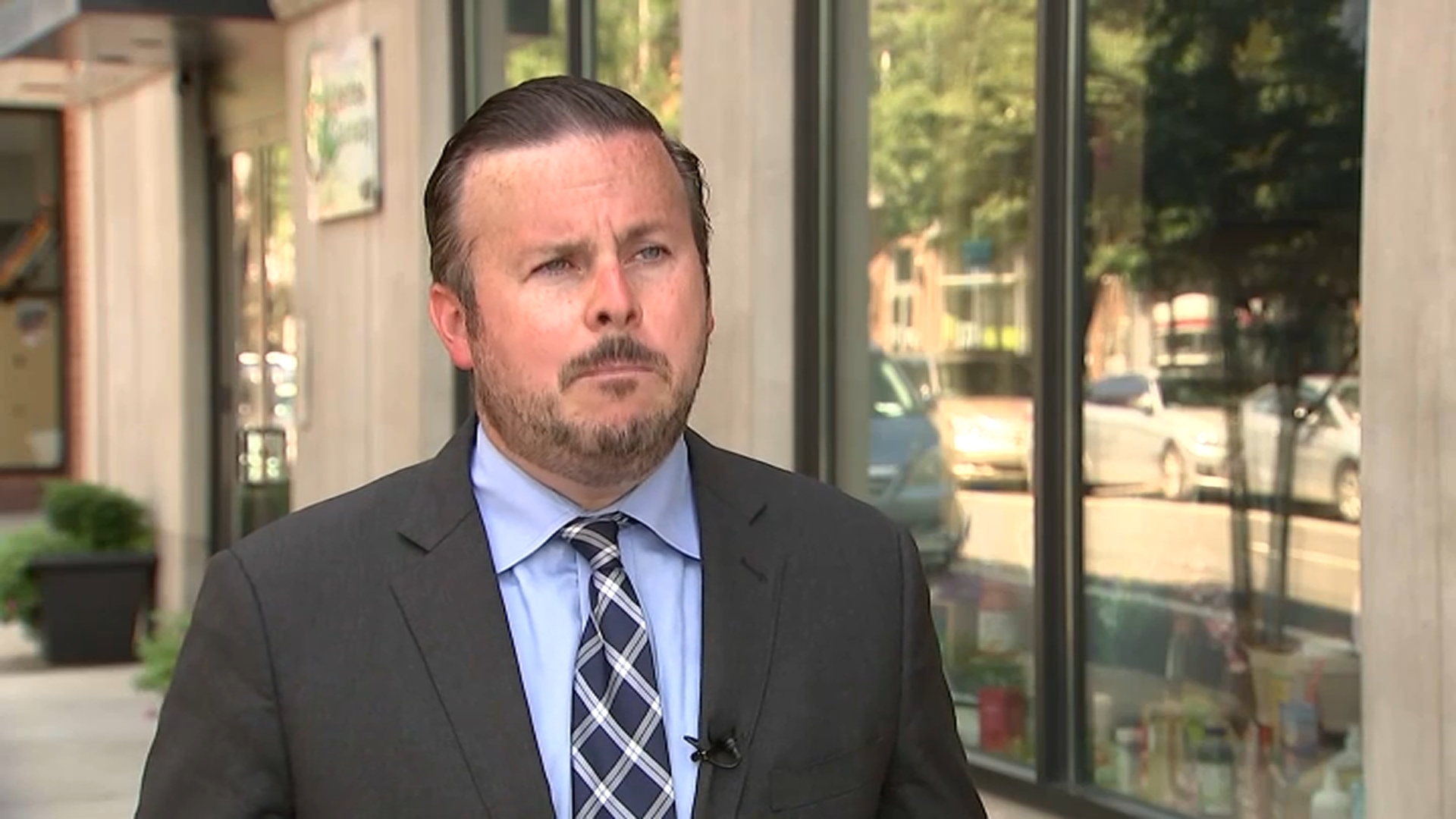New Jersey Gov. Chris Christie on Tuesday reinstated a four-decade old tax reciprocity agreement with Pennsylvania that allows residents who work in either state to pay income taxes at their home state's rate.
The Republican governor had announced in September that he was pulling the state out of a 1977 agreement because New Jersey lawmakers failed to identify $250 million in public worker health benefits cuts.
Terminating the deal would have raised taxes for thousands of New Jersey and Pennsylvania residents who commute across the Delaware River for work. It also angered large employers on the New Jersey side of the river — like Subaru — who began debating whether they should put some million-dollar projects on hold.
It also could have brought in about $180 million in new revenue to New Jersey.
But Christie said Tuesday that legislation recently passed by state lawmakers will help rein in health care costs for public employees. He says that eliminates the need to pull out of the deal, a move that had been sharply criticized by residents and business owners in both states.
"By addressing a potential $250 million budget deficit from growing healthcare costs, we are now able to save an income tax reciprocity agreement with Pennsylvania that protects tens of thousands of hard working New Jerseyans from having to pay more income taxes," Christie said in a statement.
Subaru of America President Thomas Doll earlier said he was "blindsided" and "very disappointed" by the governor's decision to kill the deal. Subaru began evaluating the decision to build its national training center in Camden.
Local
Breaking news and the stories that matter to your neighborhood.
"Had we known about this, before our construction of headquarters and our national training center, we may have reached a different conclusion," Doll told the Philadelphia Inquirer. "It would have factored into whether we moved."
Companies based in New Jersey with employees who live in Philadelphia and its surrounding suburbs will be at a huge disadvantage, said Kathy Davis, president of the Chamber of Commerce of South Jersey.
It wasn't the first time a New Jersey governor considered ending the deal. Democrat Jim McGreevey made the same proposal in 2002 but drew criticism from New Jersey lawmakers who represent workers in southern New Jersey.
Scott Drenkard, director of state projects for the nonpartisan Tax Foundation, called the possibility of losing the reciprocity agreement a loss for tax simplicity.
"This is absolutely a money grab," he said.
Pennsylvania has a flat personal-income tax rate of 3.07 percent, while New Jersey's rate ranges from 1.4 percent for incomes under $20,000 to 8.97 percent for incomes over $500,000.



